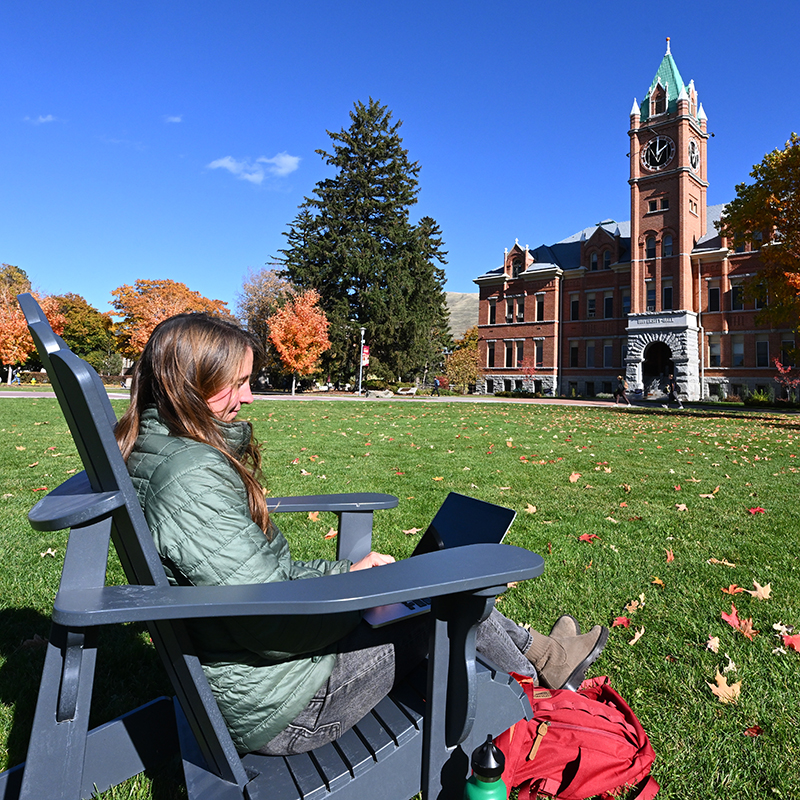Choosing a Law School
First things first: Where do you stand a chance?
Students should consider applying to at least 6 law schools: 2 in which they are almost sure they will be accepted, 2 which are within reach and which they would be happy to attend, 2 which are borderline but which they would love to attend.
The applicants’ GPA and LSAT score set thresholds. An indispensible source of admission statistics for all approved law schools is the ABA/LSAC official guide to law schools.
You can find raw data for Raw Data Law School Rankings on the Internet Legal Research Group webpage.
Where do you want to practice?
One consideration is where applicants want to practice law. If they want to live and practice in Seattle, it would make sense to go to a northwest law school, especially a law school in Washington state. Being in a law school in the area where you want to practice will make it possible to network, i.e. get to know the legal community, including potential employers.
Also, Applicants should keep in mind that they need to take the bar exam in the state in which they want to practice. This does not mean that they cannot go to law school in Illinois, and practice in Colorado, but in this case, they will need to take a class over the summer after law school, in order to learn about the specificities of Colorado Law and take the bar exam in Colorado.
How much is it going to cost?
The next consideration should be cost. Going to law school is very expensive. Tuitions vary, and applying to law schools in various categories may also make sense if cost is a factor. That said, tuition is not the only expense law students face. In addition to tuition, students must pay for food, lodging, books etc. Working during law school is not always an option, especially during the first year. Most students rely on loans to cover these expenses. It is not unusual for students to come out of law school more than $100,000 in debt.
Accordingly, prelaw students should be careful to build a good financial credit record.
Also, they should try to keep their debt as low as possible. Otherwise, they may have to live as a student for a long time after they finish school.
Bar passage rates, placement records, and average salaries.
Is there any Financial Aid available?
Some law schools offer scholarships and grants depending on merit, financial need or both. More information is available on the law schools’ individual websites. Clearly, what kind of financial support law schools offer may be a crucial criterion when choosing where to apply.
Also, at state-supported law schools, state residents typically pay much lower tuition. Since the rules vary, students will need to consult with the particular university to determine what it takes to qualify as a state resident.
Access Lex provides free resources on how to finance your legal education.
Do you have any specific interests?
What kind of law the student wants to practice can be a important factor in choosing where to apply. For example, some students may consider law schools featuring a program in natural resource or American Indian law. Others may be interested in dual programs and joint degrees (Juris Doctor + Master of Business Administration, Master in Environmental studies, Indian Law Certificate). Students should look at the law schools’ websites for special programs.
Other factors to take into consideration.
There are many other factors that students should consider when choosing which law school they want to attend. One may suggest considering the quality of the Faculty and education (class sizes, special events and speakers), of the facilities (housing, library, study spaces, student meeting areas, disabled student access etc.), of the location (recreation opportunities, cultural environment), and of the community (students organizations, relationships with alumni).
Potential applicants are encouraged to explore law schools' individual websites. Also, it is a good idea to try to contact current students, recent alumni as well as to consider visiting law schools before you make your final decision.
